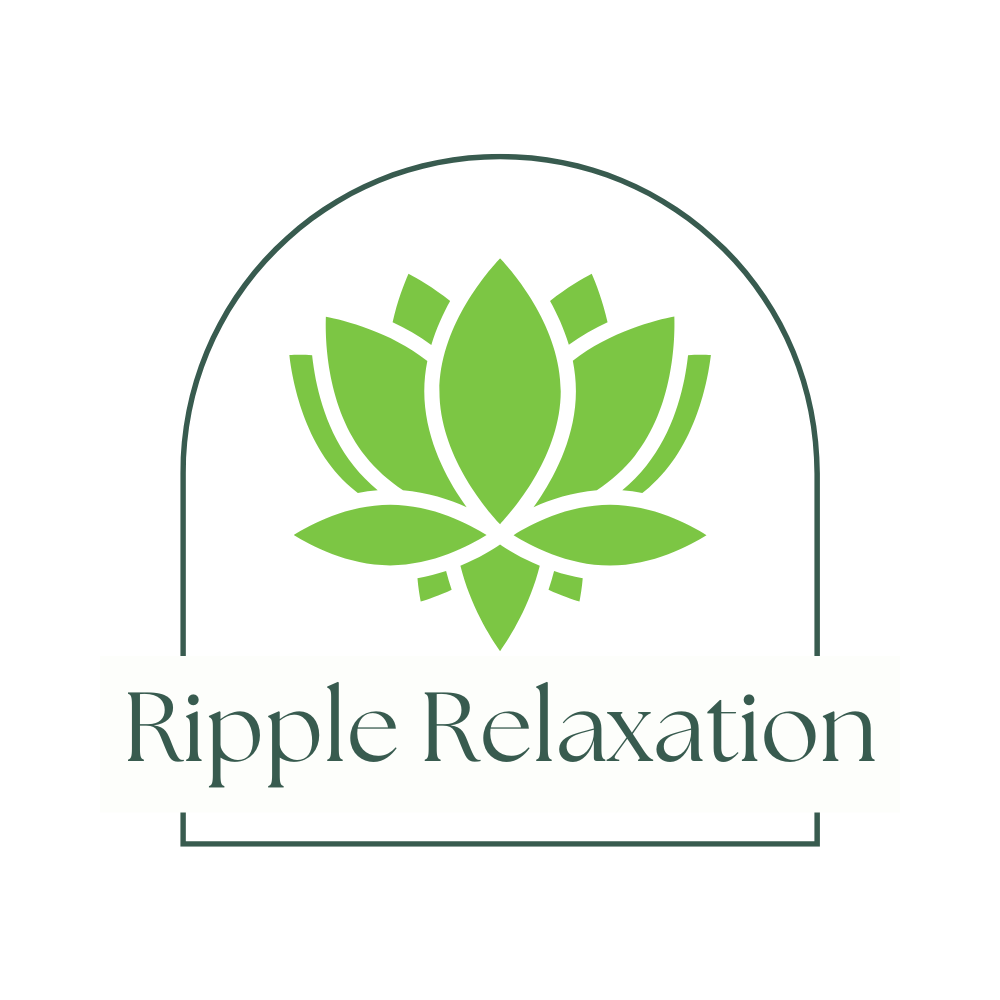Benefits of progressive muscle relaxation
- Reduces stress and anxiety: Progressive muscle relaxation has been shown to reduce stress and anxiety by helping individuals release tension and focus on relaxation techniques
- Improves sleep: Another benefit of progressive muscle relaxation is that it helps to improve sleep. When we are stressed, our minds may race and we may have difficulty falling asleep. By using progressive muscle relaxation before bed, we can calm our minds and bodies, making it easier for individuals to relax and fall asleep more easily, leading to improved sleep quality
- Increases feelings of relaxation and well-being: Progressive muscle relaxation is a simple and effective way to reduce stress and improve relaxation. It can be done anywhere, at any time, and requires no special equipment. If you are looking for a way to manage stress and improve your overall well-being, consider giving progressive muscle relaxation a try. By focusing on relaxing each muscle group, individuals can experience a sense of calm and overall well-being
- Helps manage chronic pain: One of the main benefits of progressive muscle relaxation is that it helps to calm the nervous system. When we are stressed or anxious, our bodies release stress hormones such as adrenaline and cortisol. These hormones can cause physical symptoms such as muscle tension, rapid breathing, chronic pain, and rapid heartbeat. Progressive muscle relaxation can be an effective tool in managing chronic pain and discomfort by tensing and relaxing the muscles, we can help to calm the nervous system and reduce these physical symptoms.
- Improves overall physical and mental health: By reducing stress and promoting relaxation, progressive muscle relaxation can have positive impacts on overall physical and mental health
How does progressive muscular relaxation work?
To practice progressive muscle relaxation for sleep, follow these steps:
- Find a comfortable position in bed, either lying down or sitting up.
- Take a few deep breaths to calm your mind and body.
- Starting with your feet, tense the muscles in your feet and toes for a few seconds, then release and allow them to relax.
- Move up to your calves and thighs, repeating the process of tensing and relaxing each muscle group.
- Continue working your way up through your body, tensing and relaxing your buttocks, stomach, chest, arms, hands, neck, and face.
- As you relax each muscle group, take a deep breath in and exhale slowly.
- When you reach your face, close your eyes and take a few more deep breaths to fully relax your mind and body.
Progressive muscle relaxation can take anywhere from 5 to 30 minutes, depending on how much time you have available. It is important to be patient and take your time, allowing each muscle group to fully relax before moving on to the next.
There are also many guided progressive muscle relaxation scripts and videos available online to help you practice this technique. One popular resource is the Progressive Muscle Relaxation script from the University of Michigan Health System.
Progressive muscle relaxation can be an effective tool to help you fall asleep and stay asleep throughout the night. It can also be used as a relaxation technique during the day to help reduce stress and improve overall well-being. Try incorporating progressive muscle relaxation into your bedtime routine and see if it helps improve your sleep quality.




